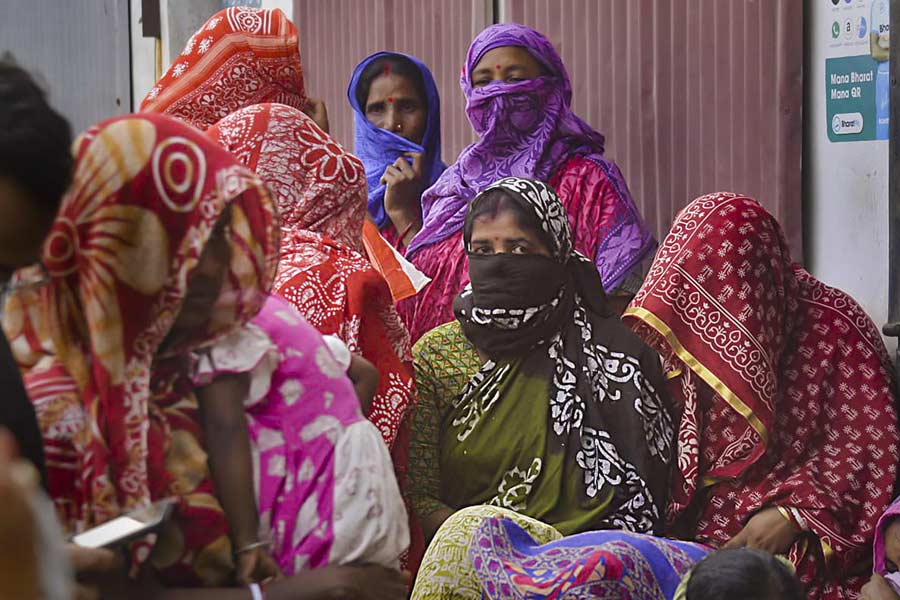What would you prefer as a policy — a dole or a dignified right? Mediocre governments end up doing a copy-paste job. The Eknath Shinde-led dispensation in Maharashtra is a case in point. It just copied an idea that the Shivraj Singh Chouhan government in Madhya Pradesh had put in place to placate women voters: offering them cash doles. Chouhan called it the Ladli Behna Yojana; Shinde’s is a Marathi translation: Majhi Ladki Bahin Yojana. The ‘sisters’ will get Rs 1,500 a month as a gift from the ‘brother’ aka the chief minister. Shinde thinks being Robinhood will win him votes. Other chief ministers might follow suit rather than address the gender injustice in their own states.
The programme, announced last week during the monsoon session of the state legislature and executed within hours even before supplementary demands tabled by the finance minister, Ajit Pawar, were ratified, carries the halo of a defeated leader, rattled by the Lok Sabha results (the Mahayuti of Bharatiya Janata Party-Eknath Shinde-Ajit Pawar could win barely 17 of the 48 seats, while the INDIA wrested 31). Whether Shinde gets time to implement this plan before the assembly polls, due in October, is a difficult question. But the intent is clear: give some cash and hope the women give you votes. This is particularly true of the rural and the urban poor women, caught in vicious debt cycles and lured by high-interest loans from micro-credit institutions.
The new scheme is yet another example of one of India’s so-called prosperous states which once offered progressive ideas to the rest of India — such as the employment guarantee programme or work-and-study schemes in universities — turning to mediocracy by resorting to bizarre and ludicrous, rather than reformative and radical, ideas. Which brings us to the question: are there no radical ideas on gender justice?
Look at the Left government’s Kudumbashree in Kerala. While Kerala is in troubled waters over its finances, Kudumbashree, a poverty eradication and women’s empowerment mission, is an idea whose benefits are finally showing up after 25 years and which bears lessons for the country where women’s labour force participation is still abysmal. Kudumbashree does not give meagre doles; it looks at women as changemakers by creating dignified and varied livelihoods through multiple strategies. It uses two pillars to ensure women’s economic empowerment: women-run enterprises and those facilitated by them in four sectors: production; services; trading; sales and marketing.
Nearly five million women, cutting across caste, class, religion and ethnic lines, have, over the last two and half decades, done in Kerala what most northern and eastern states should emulate to make women equitable partners in growth, not beneficiaries with begging bowls. But that needs sustainable and rights-based livelihoods where women are equal participants in planning, execution, and in markets, with some room for setbacks.
The Manmohan Singh-led government from 2004-2009 saw Kudumbashree as a resource that states could fall back on to craft their own livelihood missions. India has mobilised nearly a hundred million women under that umbrella, but where most states fail is the approach. Departments are carved out with no budgets or dedicated support staff. The former chief minister of Odisha, Naveen Patnaik, tried with his Mission Shakti initiative but could not build on the massive collective of 8.5 million women in that state owing to a lack of interest.
Kudumbashree is not without problems, but it is by far still the best practice to improve the state of women. Chief ministers would do well to go study these collectives and look at women as partners, and not as subjects who can be won over with petty pocket money.










